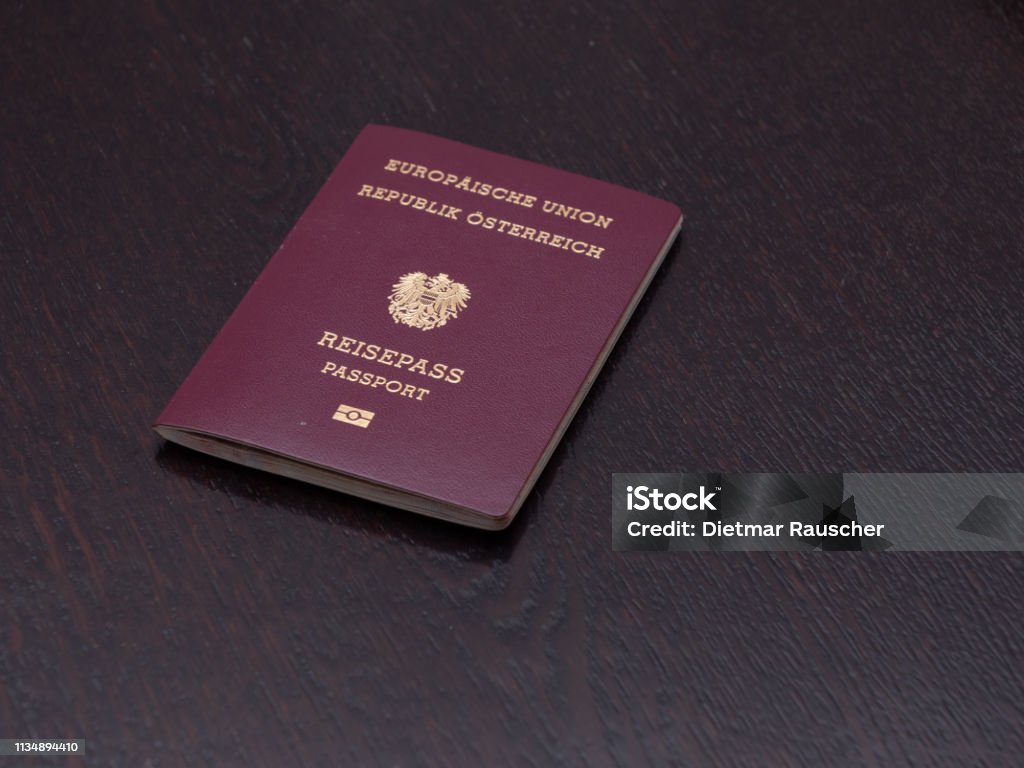Tucked in the middle of Europe, Austria is a country bursting with opportunity, history, and culture. Among the numerous benefits of citizenship of Austria are access to first-rate healthcare, education, and the freedom to live and work within the European Union. Birth is one of the ways one could become Austrian nationalized. But unlike other nations based on the jus soli (right of the land), Austria usually grants citizenship by birth using the jus sanguinis (right of blood) concept.

Citizenship by descent (jus sanguinis)
In Austria, a child does not immediately acquire citizenship only by virtue of birth on Austrian territory. Rather, citizenship is awarded should at least one parent be a citizen at the birth of the kid. This is true wherever the kid is born— Austria or elsewhere. Should both parents be Austrian nationals, the kid naturally gains citizenship. If just one parent is Austrian, the kid usually gets citizenship at birth; although, the precise procedure may differ based on the marital status of the parents and other legal considerations.
Guidelines for children born either within or outside of marriage
Should the parents are married at the birth of the kid and one of them is an Austrian citizen, the infant will naturally become Austrian citizen. Should the kid be born out of wedlock, citizenship is only automatically conferred should the mother be Austrian. Should the father be Austrian but not wed to the mother at the time of birth, he must officially acknowledge paternity within eight weeks of the child’s birth. This is so that the infant naturally gains Austrian citizenship. Should paternity be acknowledged outside of the eight-week period, the kid might still become a citizen; however, this would depend on an application procedure and could not be automatic.
Children born to foreign nationals in Austria
Born from foreign parents in Austria, a kid does not automatically grow to be an Austrian citizen. This is relevant even if the kid grows up in the nation. If they fit the requirements—long-term residency, linguistic competency, and integration—such children may then seek for nationality by naturalization. Unlike nations like the United States or Canada, where being born in the nation generally gives citizenship regardless of the parents’ nationality, Austria’s stance contrasts with this.
Registration of citizenship
Austrian regulations want the birth to be recorded when a kid is born. Should the kid be eligible for citizenship by descent, the parents must register the child’s birth with the Austrian civil registration office (Standesamt) and provide paperwork including:
- Childhood birth certificate
- Passports or identity papers of parents
- Evidence of either one or both parents’ Austrian citizenship
- Marriage certificate (if relevant)
- Paternity acknowledgement paper (if relevant)
Should the birth take place overseas, it is still required to inform the closest Austrian embassy or consulate, which would transmit the paperwork to the Austrian government for formal registration and citizenship proving documentation.
Dual citizenship at birth
Although Austria usually forbids multiple citizenship, children born with dual nationality are exempt. A child with Austrian citizenship by descent and another by birth in a jus soli country may retain both citizenships until age 18, when a choice between them is typically required. At that moment, depending on the situation the person could have to decide between Austria and the other nationality. Some circumstances provide for lifelong dual citizenship, particularly if renouncing the other nationality would be illogical or unworkable. Such situations need for legal advice and often Austrian government consent.
Conclusion
Although it is highly related to the nationality of the parents, not the place of birth, becoming an Austrian citizen by birth is theoretically feasible. Austria’s focus on jus sanguinis implies that, whether one or both parents are Austrian, just being born in the nation does not confer citizenship. Families when one parent is Austrian must be aware of the guidelines and make sure all required actions—such as acknowledging paternity and registering the birth—are completed quickly. Obtaining citizenship by birth may be a simple and advantageous procedure if one has the correct legal knowledge and proof.
You may also find these articles helpful
Frequently Asked Questions on Austria
Understanding the impact of criminal records on immigration to Austria
Assessing social benefits and welfare as an immigrant in Austria
